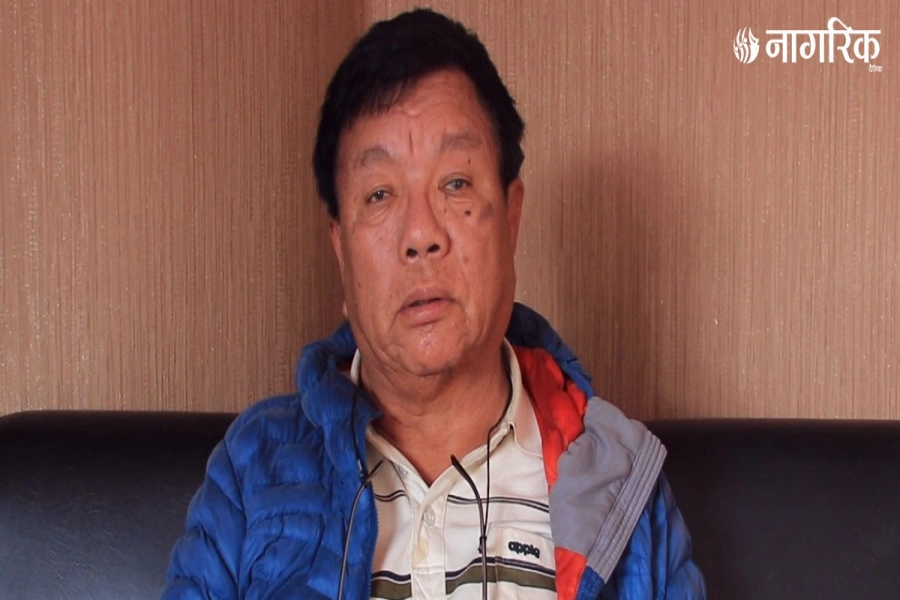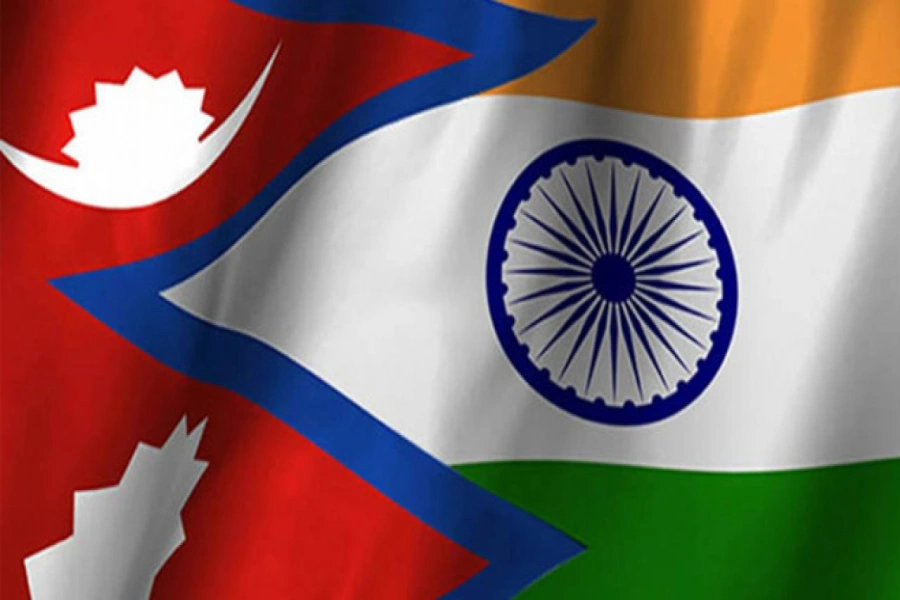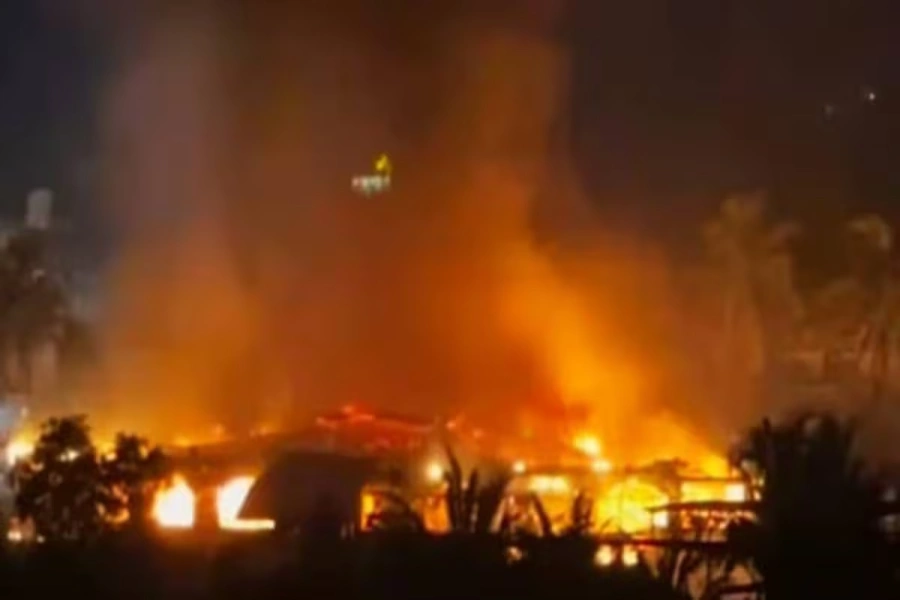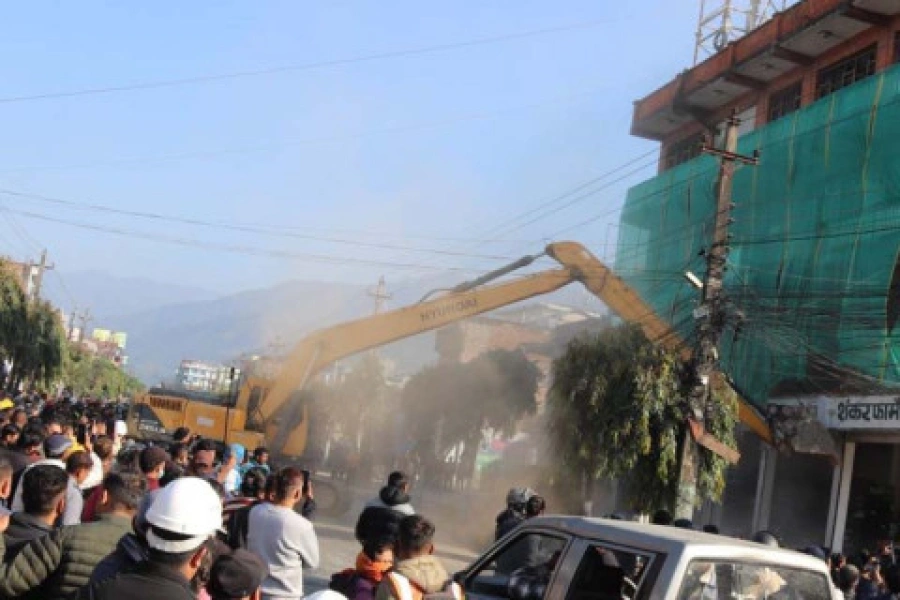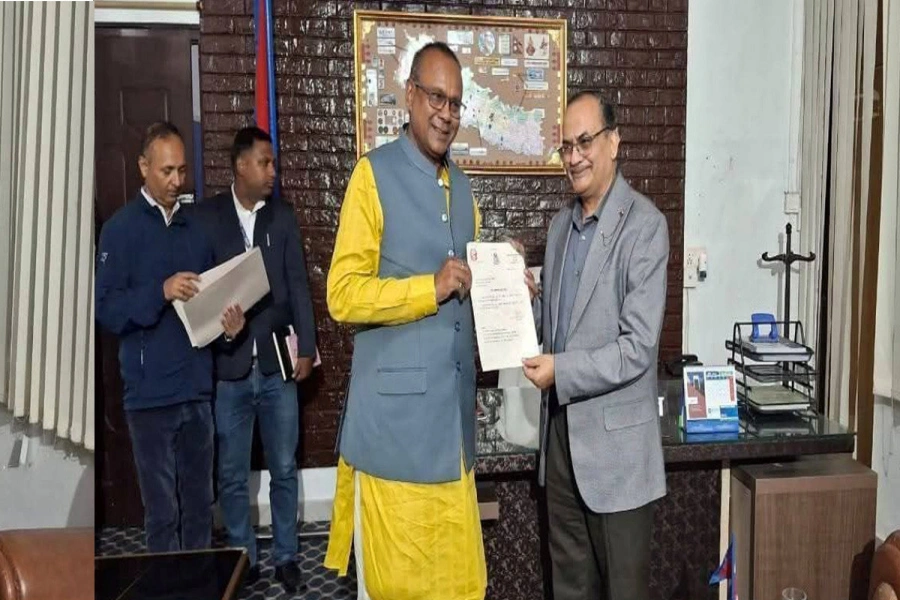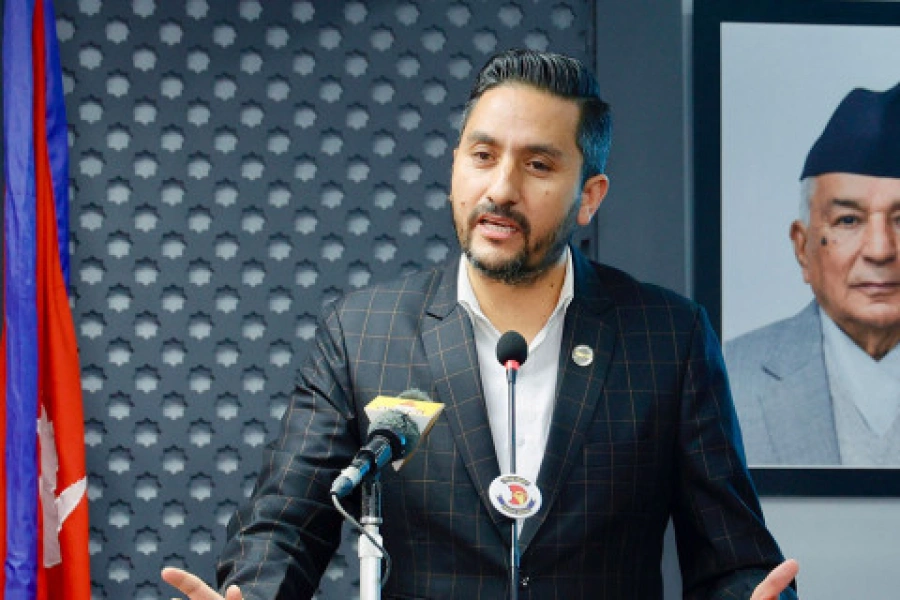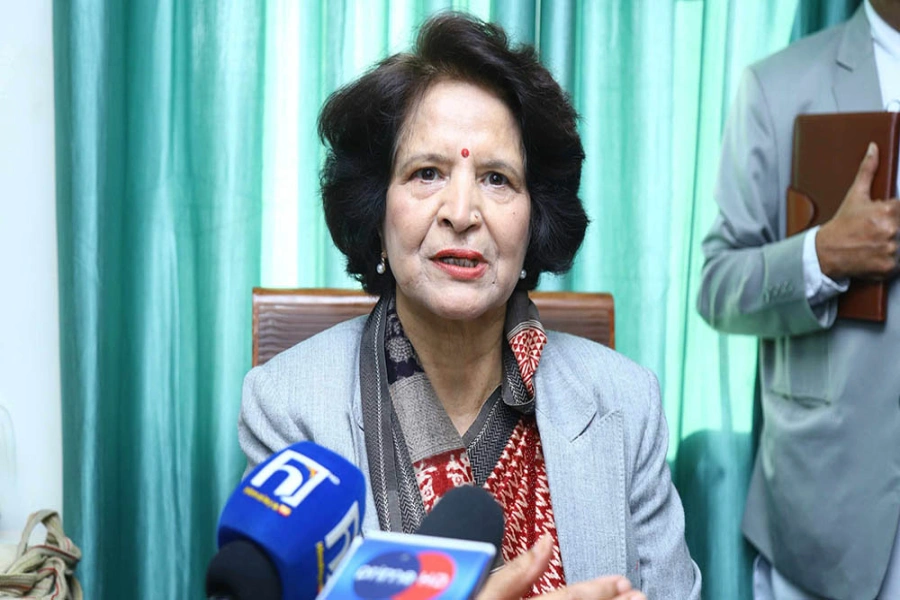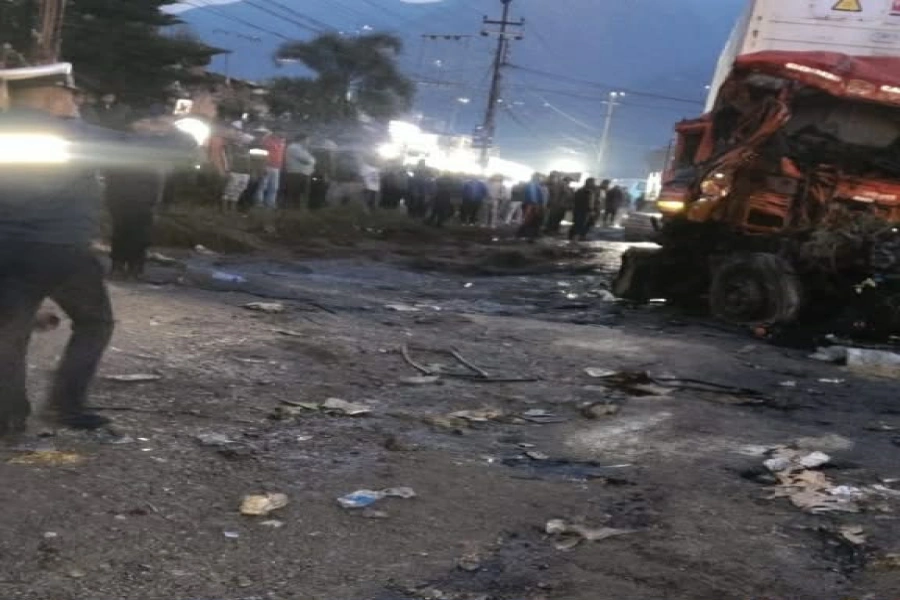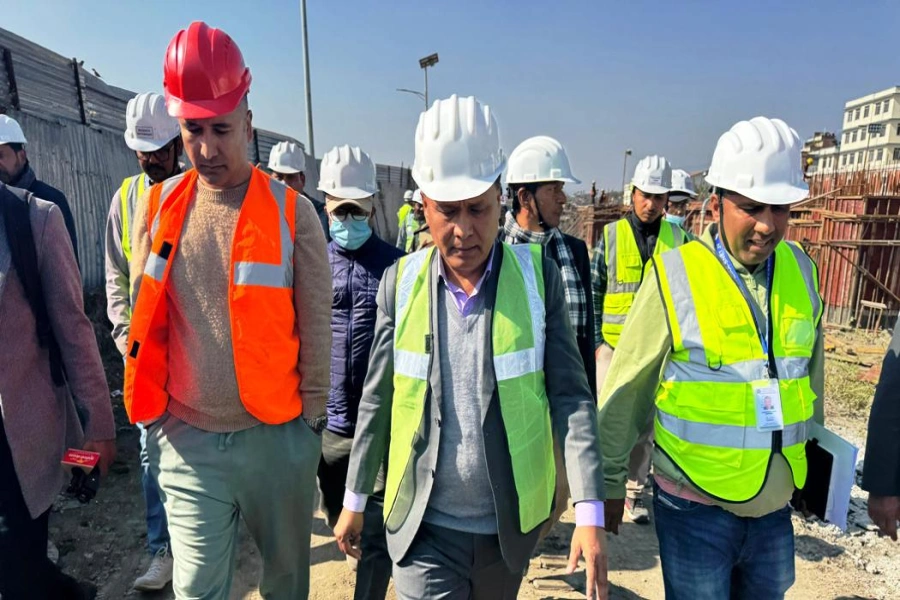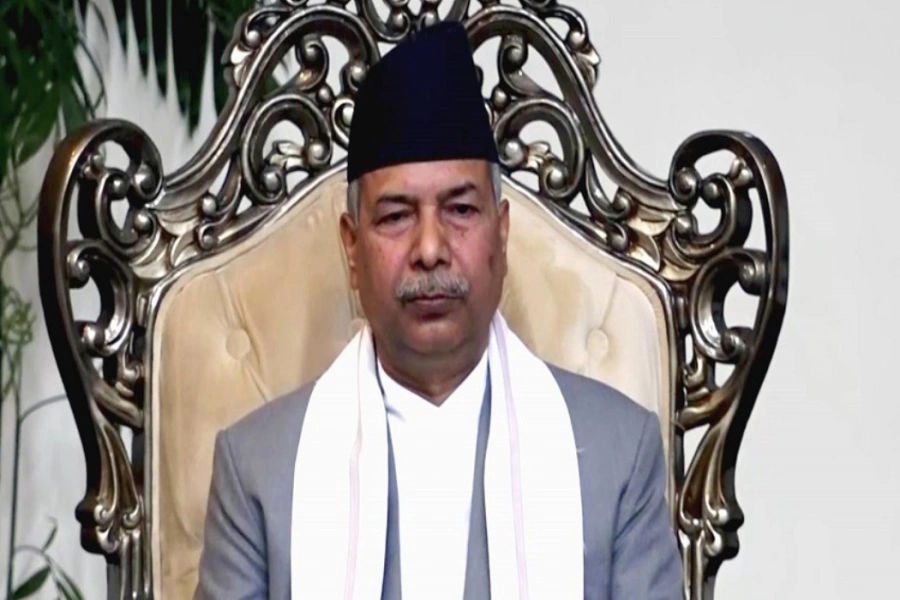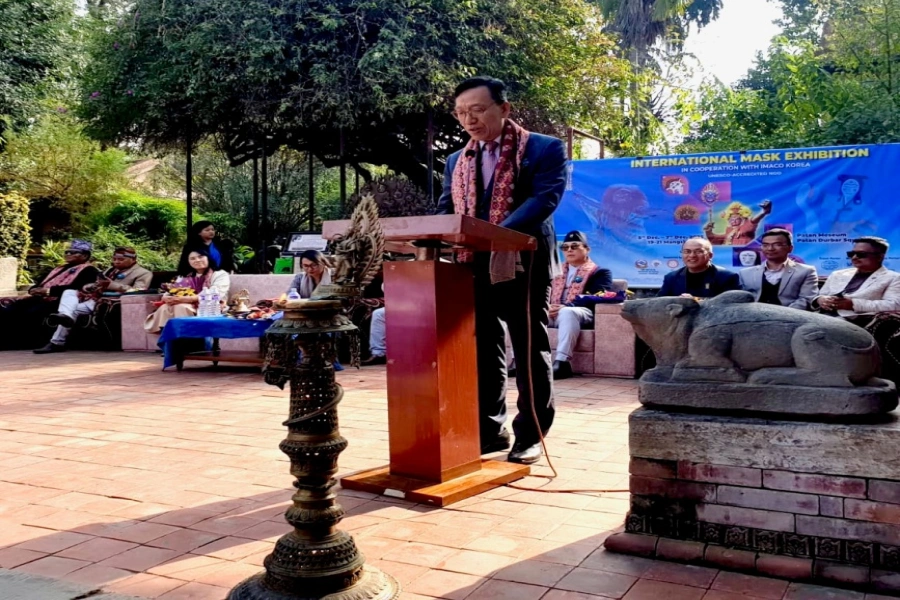KATHMANDU, Sept 20: The number of deaths among Nepalis migrant workers abroad has been increasing every year. The government has not been able to reduce the death rate despite its efforts.
According to the latest data released by the Foreign Employment Board, a total of 1,492 Nepali migrant workers died abroad in the last fiscal year. The number is more than the number recorded in the previous years. Although the number of Nepalis who died abroad in the two years of COVID-19 pandemic was somewhat less, the number is seen to be increasing in other years.
According to the under secretary of the board, Deepak Dhakal, the number of Nepalis going abroad is increasing every year, and so are the number of deaths. According to the data of the Board, a total of 672 Nepali workers died abroad in the fiscal year 2076-2077. In the fiscal year 2077-2078, the number reached 1,243. In the fiscal year that followed, the number of deaths of Nepali workers seems to have doubled.
According to the board, the number of deaths in the last fiscal year 2078/79 is 249 more than the previous year. It seems that the highest number of Nepali workers died in Malaysia during foreign employment. Dhakal said that 2,153 Nepali workers have died in Malaysia in the last six years. Road accidents, suicides, industrial accidents, mutual quarrels and other reasons are the main reasons behind the deaths of Nepali nationals abroad.
Preventing Avoidable Deaths of Migrant Workers

According to the Board, the number of deaths during foreign employment has reached 9,235 since the year 2069/70. In the year 2069/70, a total of 772 Nepalis died abroad. The number of deaths of Nepali nationals in foreign land after 10 years has reached 1,492 people.
According to the data released by the Board, the number of deaths was over 1,000 in the year 2071/72 for the first time. In that year, 1,006 of those dying abroad were migrant workers. Since then, the number of deaths in Nepal has reached over 1,000 in the last 2 years alone. In all other years, the number is less than 1000.
Apart from the deaths of Nepalis, who went abroad for work, the number of people who came to Nepal with amputations is also not low. Last year alone, the number of amputees reached 274. The government has been sending Nepalese youths for foreign employment after physical examination, but the number of deaths has not decreased. Youth have no option but to go abroad since they do not get employment opportunities in their own country. In the first month of the current fiscal year alone, around 65,000 youths have gone abroad in search of work. This includes the data of new re-employment as well.
Nepali youths are going to different Gulf countries and Malaysia for work. Although the climate is extremely hot and humid, most of the Nepalese workers have to work at risk in these countries. The climate of Malaysia is similar to Nepal, but the number of deaths is much higher in Malaysia as compared to other labor destinations.
The government has made arrangements to provide various facilities to the victims' families due to the increase in the number of deaths during foreign employment. At present, if any worker dies abroad, his family gets Rs 2.2 million as sickness and other benefits. Out of this, 1.5 million rupees is provided for workers' insurance, while the state provides 0.7 million rupees for other benefits.
According to the Board, the number of Nepalis going for foreign employment has exceeded 5 million. In the last fiscal year, a total of 580,969 men and 49,128 women went abroad for employment. According to the statistics of the Board, the number of women going to work abroad in 2063 BS was only 390.
The government has also tried to reduce the death rate of Nepali youths who go abroad for work. The Board has made arrangements such as providing information about foreign countries and prohibiting those planning to go abroad without taking job training. Due to the lack of skills, Nepali people are cheated abroad, do not get proper wages and ultimately commit suicide.
Officials said the government is trying to make arrangements to send them abroad only after teaching them skills in order to avoid these problems. The government is also collaborating with private sector hospitals and medical colleges for the treatment of Nepali who are in coma abroad, according to Dhakal.



